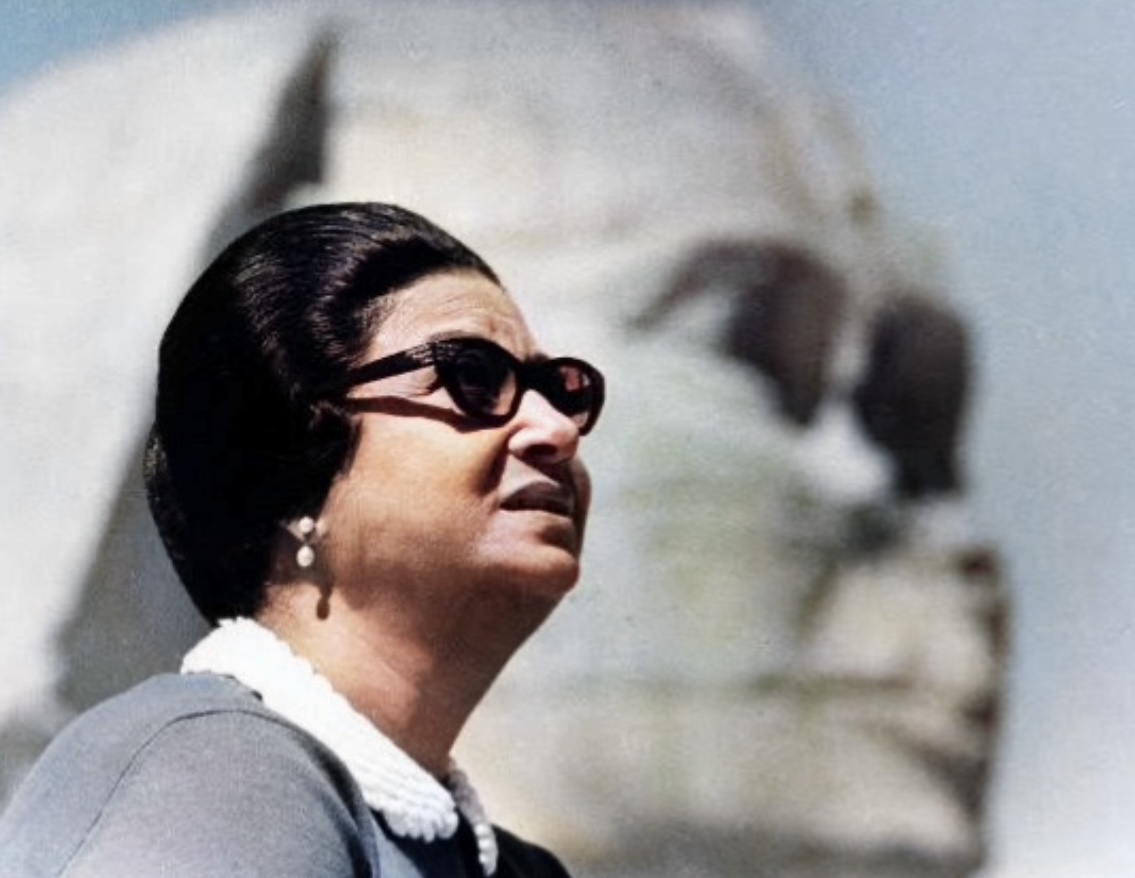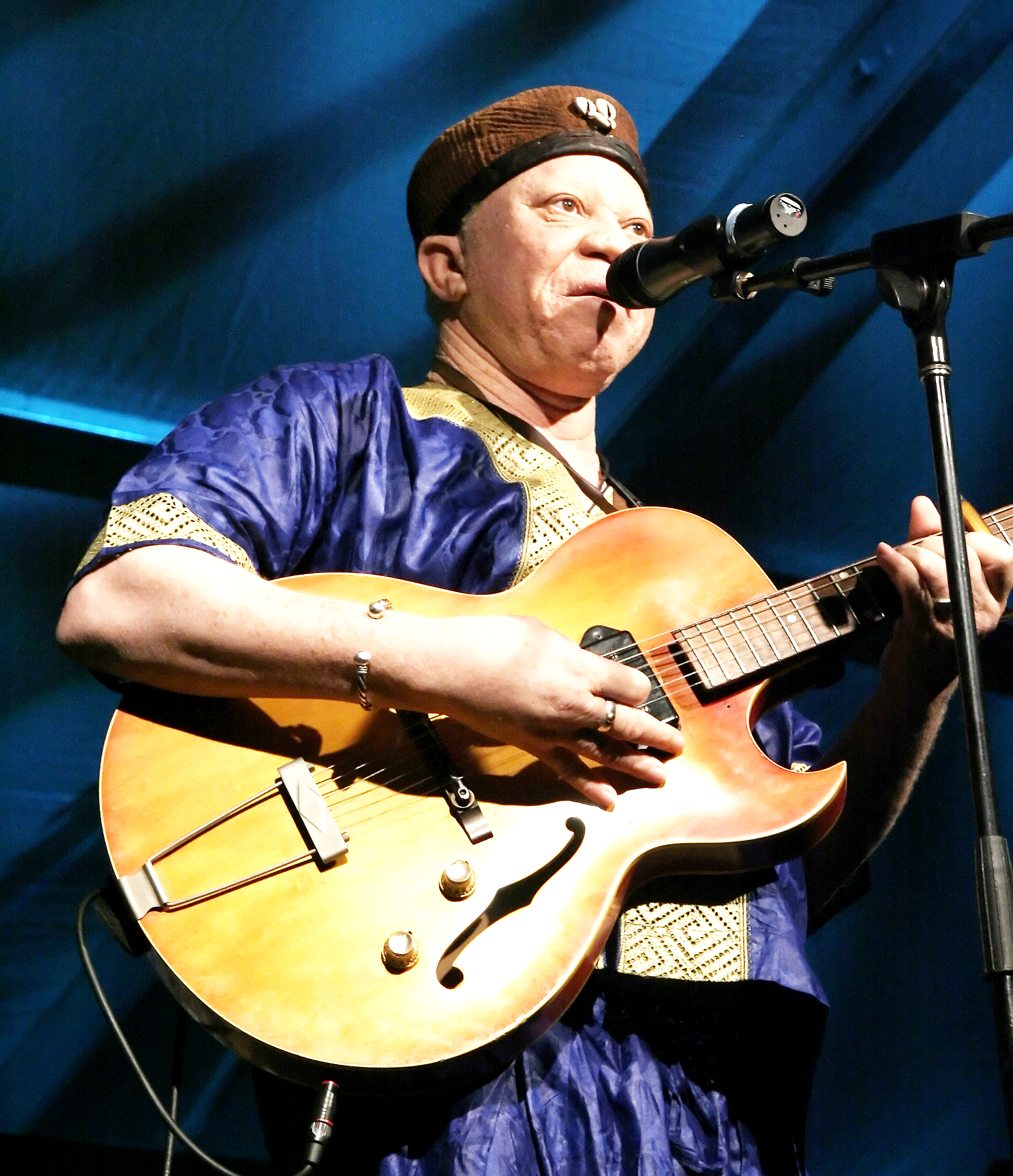|
Mamadou Sidiki Diabaté
Mamadou Sidiki Diabaté (born September 23, 1982) is a prominent Mandé '' kora'' player and jeli from Bamako, Mali. He is the 71st generation of ''kora'' players in his family and a son to Sidiki Diabaté. Biography Diabaté, widely known as "Madou," was born on September 23, 1982, in Bamako, Mali. He is a Muslim and he is the youngest son of the late Sidiki Diabaté and Mariam Kouyaté. He is part of the seventy-first generation of ''kora'' players in his family. His family has a long heritage in the oral tradition of jalis (sometimes spelled djeli), or griots. "Jali" is the Mandingo word for the repository musician and storyteller of Mande's ancient oral tradition, transmitting history and culture from generation to generation, from father to son. "Mandé," often used to describe Madou and his family, is a broad cultural designation of several ethnic groups in West Africa, including (though not exclusively) the Mandinka, Maninka (or "Malinke"), Sarakole, Bambara, and Dyula ... [...More Info...] [...Related Items...] OR: [Wikipedia] [Google] [Baidu] |
African Music
The continent of Africa is vast and its music is diverse, with different regions and nations having many distinct musical traditions. African music includes the genres like makwaya, highlife, mbube, township music, jùjú, fuji, jaiva, afrobeat, afrofusion, mbalax, Congolese rumba, soukous, ndombolo, makossa, kizomba, taarab and others. African music also uses a large variety of instruments from all across the continent. The music and dance of the African diaspora, formed to varying degrees on African musical traditions, include American music like Dixieland jazz, blues, jazz, and many Caribbean genres, such as calypso (see kaiso) and soca. Latin American music genres such as cumbia, salsa music, son cubano, rumba, conga, bomba, samba and zouk were founded on the music of enslaved Africans, and have in turn influenced African popular music. Like the music of Asia, India and the Middle East, it is a highly rhythmic music. The complex rhythmic pa ... [...More Info...] [...Related Items...] OR: [Wikipedia] [Google] [Baidu] |
Rail Band
The Rail Band is a Malian band formed in 1970; it was later known as Super Rail Band, Bamako Rail Band or, most comprehensively and formally, Super Rail Band of the Buffet Hotel de la Gare, Bamako. Background Rail Band's fame was built upon the mid-20th century craze for Latin — especially Cuban — jazz music which came out of Congo in the 1940s. The Rail Band was one of the first West African acts to combine this mature Afro-Latin sound with traditional instruments and styles. In their case, this was built upon the Mande Griot praise singer tradition, along with Bambara and other Malian and Guinean musical traditions. Their distinctive sound came from combining electric guitar and jazz horns with soaring Mandinka and Bamabara lyrical lines, African and western drums, and local instruments such as the kora and the balafon. At their height of fame in the 1970s, the Rail Band played to sold-out venues and even stadia across West Africa, and launched solo careers for man ... [...More Info...] [...Related Items...] OR: [Wikipedia] [Google] [Baidu] |
Jazz
Jazz is a music genre that originated in the African-American communities of New Orleans, Louisiana, in the late 19th and early 20th centuries. Its roots are in blues, ragtime, European harmony, African rhythmic rituals, spirituals, hymns, marches, vaudeville song, and dance music. Since the 1920s Jazz Age, it has been recognized as a major form of musical expression in traditional and popular music. Jazz is characterized by swing and blue notes, complex chords, call and response vocals, polyrhythms and improvisation. As jazz spread around the world, it drew on national, regional, and local musical cultures, which gave rise to different styles. New Orleans jazz began in the early 1910s, combining earlier brass band marches, French quadrilles, biguine, ragtime and blues with collective polyphonic improvisation. However, jazz did not begin as a single musical tradition in New Orleans or elsewhere. In the 1930s, arranged dance-oriented swing big bands, ... [...More Info...] [...Related Items...] OR: [Wikipedia] [Google] [Baidu] |
Tamani
Tamani is a small town and commune in the Cercle of Barouéli in the Ségou Region of southern-central Mali Mali, officially the Republic of Mali, is a landlocked country in West Africa. It is the List of African countries by area, eighth-largest country in Africa, with an area of over . The country is bordered to the north by Algeria, to the east b .... In 1998 the commune had a population of 14,858. References Communes of Ségou Region {{Ségou-geo-stub ... [...More Info...] [...Related Items...] OR: [Wikipedia] [Google] [Baidu] |
Balafon
The balafon (pronounced , or, by analogy with ''xylophone'' etc., ) is a gourd-resonated xylophone, a type of struck idiophone. It is closely associated with the neighbouring Mandé peoples, Mandé, Bwaba Bobo people, Bobo, Senufo people, Senoufo and Gur languages, Gur peoples of West Africa, particularly the Guinean branch of the Mandinka people, Mandinka ethnic group, but is now found across West Africa from Guinea, Burkina Faso, Mali. Its common name, ''balafon'', is likely a European coinage combining its Mandinka language, Mandinka name ''bala'' () with the word ''fôn'' () 'to speak' or the Greek root ''phono''. History Believed to have been developed independently of the Southern African and South American instrument now called the marimba, oral histories of the balafon date it to at least the rise of the Mali Empire in the 12th century CE. Balafon is a Manding languages, Manding name, but variations exist across West Africa, including the ''balangi'' in Sierra Leone ... [...More Info...] [...Related Items...] OR: [Wikipedia] [Google] [Baidu] |
Salif Keita
Salif Keïta () (born 25 August 1949) is a Malian singer-songwriter, referred to as the "Golden Voice of Africa". He is a member of the Keita royal family of Mali. Early life Salif Keita was born a traditional prince in the village of Djoliba. He was born to the Keita royal family, who trace their lineage to Sundiata Keita, founder of the Mali Empire. He was cast out by his family and ostracized by the community because of his albinism, a sign of bad luck in Mandinka culture. Raised in a Muslim family, he went to an Islamic school where he was influenced by his Qur'an teacher's singing. He decided to pursue music in his teenage years, further distancing him from his family as that was against occupational prohibitions of his noble status. In 1967, he left Djoliba for Bamako, where he joined the government-sponsored Super Rail Band de Bamako. In 1973, Keita joined the group ''Les Ambassadeurs (du Motel de Bamako)''. Keita and Les Ambassadeurs fled political unrest in Mali ... [...More Info...] [...Related Items...] OR: [Wikipedia] [Google] [Baidu] |
Baaba Maal
Baaba Maal (, born 13 June 1953) is a Senegalese singer and guitarist born in Podor, on the Senegal River. In addition to acoustic guitar, he also plays percussion. He has released several albums, both for independent and major labels. In July 2003, he was made a UNDP Youth Emissary. Maal sings primarily in Pulaar and promotes the traditions of the Pulaar-speaking people, who live on either side of the Senegal River in the ancient Senegalese kingdom of Futa Tooro. Early life and education Maal was expected to follow in his father's footsteps and become a fisherman. However, under the influence of his lifelong friend and family gawlo, blind guitarist Mansour Seck, Maal devoted himself to learning music from his mother and his school's headmaster. He went on to study music at the university in Dakar before leaving to study musical notation in Paris. During this time, he stayed for three years in the French capital, where he took courses at the Conservatoire de Paris, had privat ... [...More Info...] [...Related Items...] OR: [Wikipedia] [Google] [Baidu] |
Kandia Kouyaté
Kandia Kouyaté (also known as Kandja Kouyaté, born in 1959 in Kita, Mali) is a Malian ''jelimuso'' (a female griot) and kora player; she has earned the prestigious title of ''ngara'', and is sometimes called ''La dangereuse'' and ''La Grande vedette malienne''. Kouyaté's dense, emotional, hypnotic manner of singing and her lyrical talents have earned huge acclaim in Mali, though she remained relatively little known outside Africa, due to extremely limited availability of her recordings. Her home town of Kita is known for love songs, which form a large part of Kouyaté's repertoire. She also sings praise songs. Background Kouyaté's father, a balafon (West African xylophone) player himself, did not want her to go into music and wanted her to rely on a solid education instead of the unpredictability of a musical career. Secretly, she learned from her mother and other family members how to sing and began performing occasionally at private gatherings. As a young girl, she be ... [...More Info...] [...Related Items...] OR: [Wikipedia] [Google] [Baidu] |
Toumani Diabaté
Toumani Diabaté ( ; 10 August 1965 – 19 July 2024) was a Malian kora player. In addition to performing the traditional music of Mali, he was involved in cross-cultural collaborations with flamenco, blues, jazz, and other international styles of music. In 2006, a panel commissioned by ''The Independent'' named him one of the fifty best African artists across media. In its obituary, ''The Times'' described him as "a bold and innovative musical visionary". Biography Diabaté was born on 10 August 1965 in Bamako, the capital of Mali, five years after the country had gained its independence from France. He came from a long family tradition of players of the kora, a 21-string west African harp-like instrument. His father, Sidiki Diabaté, recorded the first-ever kora album, in 1970. His mother, Nene Koita, was a singer. His family's oral tradition tells of 70 generations of musicians preceding him in a patrilineal line. His cousin Sona Jobarteh was the first female professional ... [...More Info...] [...Related Items...] OR: [Wikipedia] [Google] [Baidu] |
Dakar
Dakar ( ; ; ) is the capital city, capital and List of cities in Senegal, largest city of Senegal. The Departments of Senegal, department of Dakar has a population of 1,278,469, and the population of the Dakar metropolitan area was at 4.0 million in 2023. Dakar is situated on the Cap-Vert peninsula, the westernmost point of mainland Africa. Cap-Vert was colonized by the Portuguese people, Portuguese in the early 15th century. The Portuguese established a presence on the island of Gorée off the coast of Cap-Vert and used it as a base for the Atlantic slave trade. Kingdom of France, France took over the island in 1677. Following the abolition of the slave trade and French annexation of the mainland area in the 19th century, Dakar grew into a major regional port and a major city of the French colonial empire. In 1902, Dakar replaced Saint-Louis, Senegal, Saint-Louis as the capital of French West Africa. From 1959 to 1960, Dakar was the capital of the short-lived Mali Federation. ... [...More Info...] [...Related Items...] OR: [Wikipedia] [Google] [Baidu] |
Festival Printemps Des Cordes
A festival is an event celebrated by a community and centering on some characteristic aspect or aspects of that community and its religion or cultures. It is often marked as a local or national holiday, mela, or eid. A festival constitutes typical cases of glocalization, as well as the high culture-low culture interrelationship. Next to religion and folklore, a significant origin is agricultural. Food is such a vital resource that many festivals are associated with harvest time. Religious commemoration and thanksgiving for good harvests are blended in events that take place in autumn, such as Halloween in the northern hemisphere and Easter in the southern. Festivals often serve to fulfill specific communal purposes, especially in regard to commemoration or thanking to the gods, goddesses or saints: they are called patronal festivals. They may also provide entertainment, which was particularly important to local communities before the advent of mass-produced entertainment. F ... [...More Info...] [...Related Items...] OR: [Wikipedia] [Google] [Baidu] |






